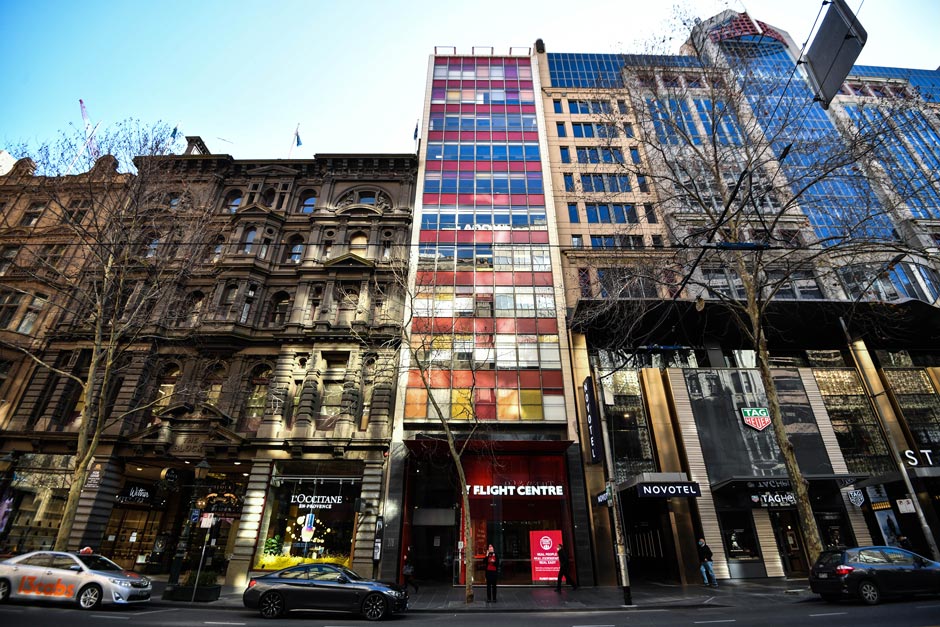City of Melbourne progress Hoddle Grid Heritage Review

Feature image: Former Allans Building by Joe Armao
The City of Melbourne is progressing planning scheme amendments to implement the recommendations of the Hoddle Grid Heritage Review, which first commenced in 2017. The review proposes heritage protection for 137 individual places—40% of which date from the post-WWII era—and five precincts across the Hoddle Grid.
We have written in strong support of the review, which represents the first comprehensive review of the Central Business District in over two decades. It encompasses all urban and built places previously identified in heritage studies that were never implemented, and various other places which have been identified through a process of extensive community consultation and engagement. The National Trust is a member of the Hoddle Grid Heritage Review External Reference Group, and we have been pleased to provide input into the preparation of the study.
We strongly support the progressive methodology developed and implemented by Context in the preparation of this review, as well as the peer review by GJM, which has provided additional rigor to the study. We are particularly supportive of the following elements incorporated as part of the review:
- Engagement with peak bodies and heritage advocates to expand the list beyond those places already identified to gain an appreciation of community-held heritage values.
- Preparation of a methodology by which all urban and built places have a preliminary social value check and undertake a social values assessment for those places indicated.
- Preparation of an integrated assessment of any urban and built places that have Aboriginal connections and values.
We strongly believe that the implementation of this review will provide greater certainty and clarity for developers and the community, encouraging more sensitive development outcomes for these important places. We also believe this review will ensure that Melbourne’s distinctive ‘heritage brand’—a major draw-card for tourism and events—is maintained and celebrated.
We have also urged Council to undertake further works that have not been captured as part of the review, including the assessment of places for the period 1975-2000, and the completion of a study into interiors, which are highly valued by the community, but are particularly vulnerable to inappropriate redevelopment.
We congratulate the City of Melbourne for progressing this groundbreaking heritage study and we look forward to its implementation.
You can read our full submission to the Future Melbourne Committee here.
+ There are no comments
Add yours